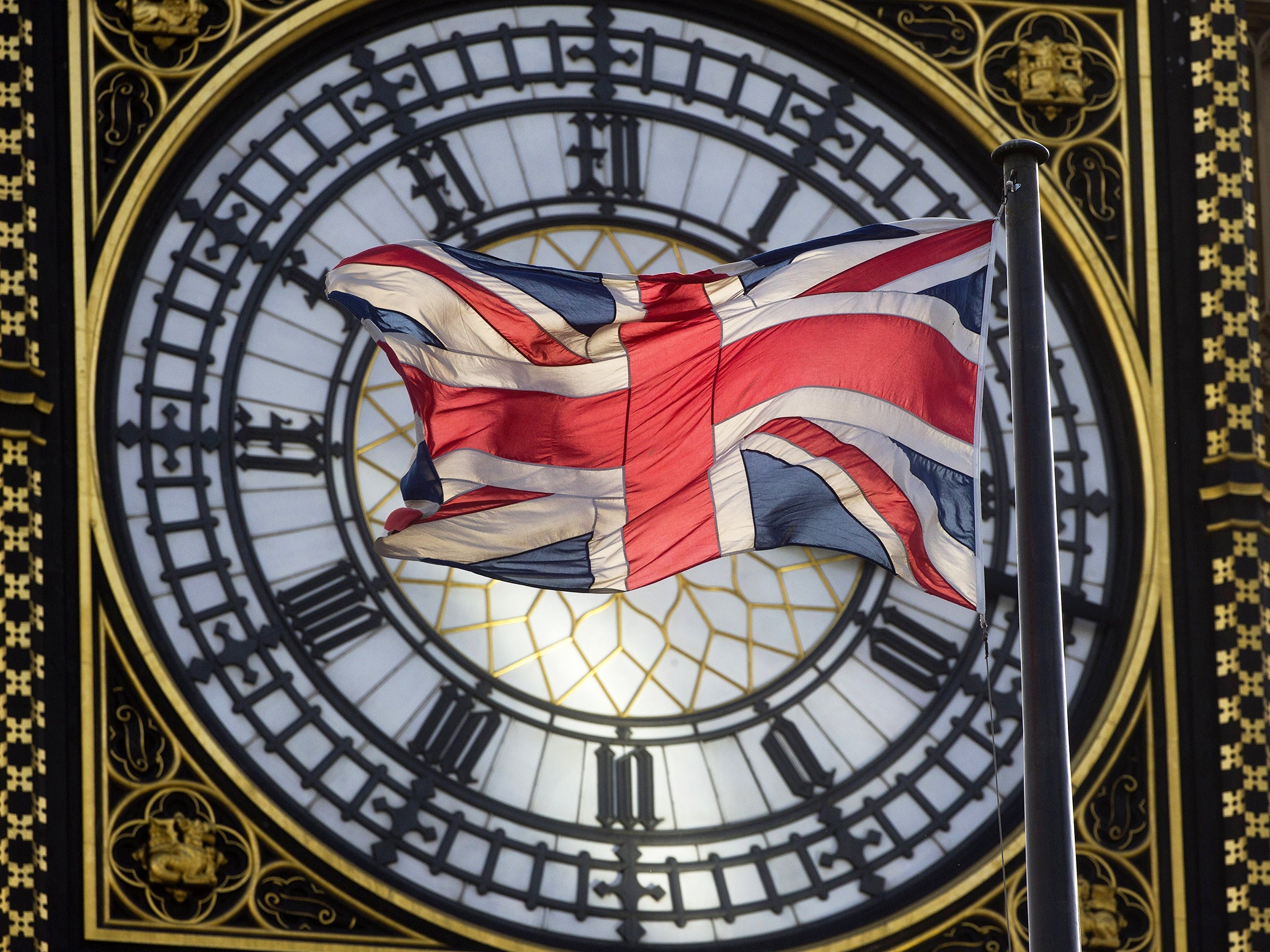Fall back: When do clocks go back? Everything you need to know about the end of daylight saving time
Clocks not connected to the internet will have to be changed manually

As the leaves and temperatures drop, the clocks will also be turning back one hour on Sunday to mark the end of British Summer Time.
The time will officially be pushed back at 2am, which gives us an extra 60 minutes to enjoy over the weekend in advance of Halloween next week Friday.
From Sunday morning, early-risers will be met with lighter mornings despite that the crisper autumnal days will be turning darker sooner in the evenings.
The clocks last changed on March 30 when the time was pushed forward one hour to create longer and lighter summer nights.
What you need to do:
It’s easy to forget when the clocks change. Mobile phones, tablets and computers connected to the internet should change automatically, while cookers or clocks will need to be changed manually.
Why do we change the clocks?
The idea of moving the clocks forward during the summer and then back again was first proposed in parliament in 1907. Later, in the Second World War clocks were put forward an hour to boost production in factories and so that workers could get back home before the blackout.
The government put the clocks forward again for the entire time between 1968 and 1971 as an experiment– but it was deemed that it made Scotland too dark in the mornings.
There have been many attempts to change British time to bring it line with Central European Time (an hour ahead).
In 2010 Conservative MP Rebecca Harris started a Private Member’s Bill arguing for British Summer Time to be continued through winter.
Campaigners argue that extra light in the winter evenings could mean fewer road accidents. But arguments against it are concerned with the safety of children getting to school in the early morning.
Subscribe to Independent Premium to bookmark this article
Want to bookmark your favourite articles and stories to read or reference later? Start your Independent Premium subscription today.

Join our commenting forum
Join thought-provoking conversations, follow other Independent readers and see their replies